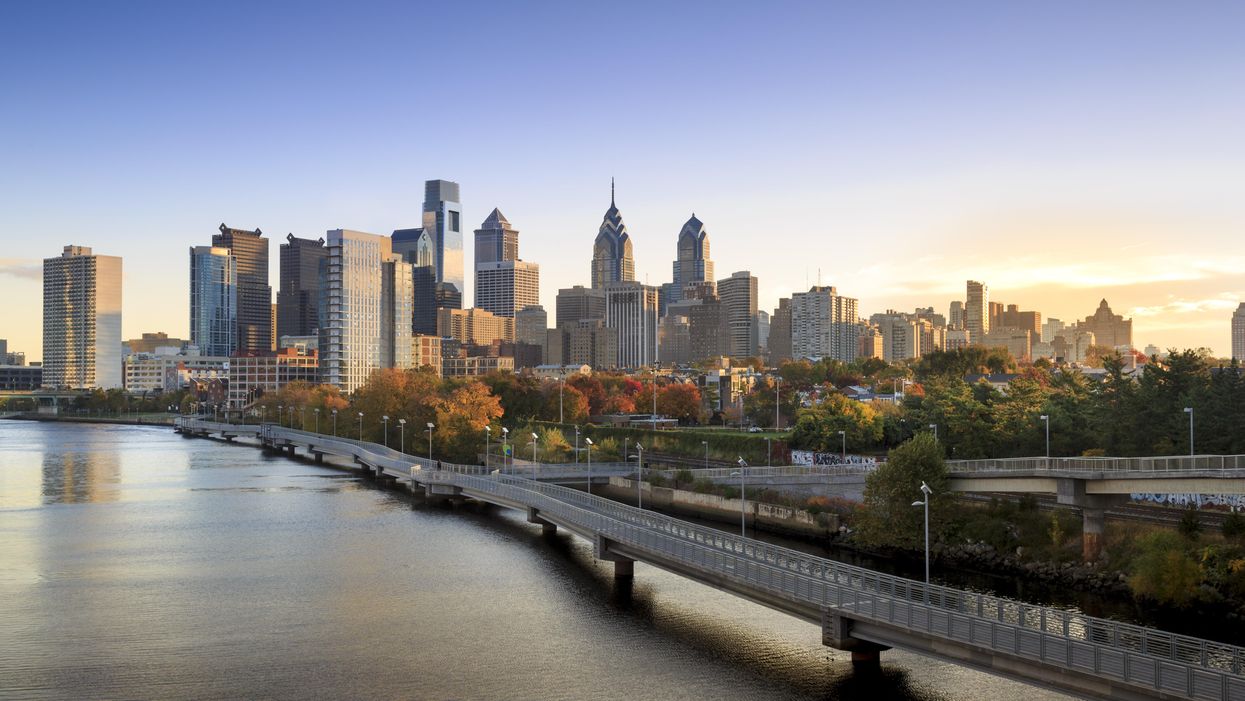Philadelphia could be the next major city to switch to ranked-choice voting.
The Philadelphia City Council passed a resolution on Friday to consider using the alternative voting system for municipal elections and will proceed with public hearings to discuss the switch.
Momentum for ranked-choice voting has been building across the country, especially since New York City successfully used the new system in its June mayoral primaries.
Under this alternative voting system, voters rank candidates in order of preference. In the case that no candidate receives majority support, an instant runoff will occur, as the candidate with the fewest votes is eliminated and that person's support is redistributed to voters' second choices. That process continues until one candidate crosses the 50 percent threshold.
Proponents of RCV say it reduces the cost of election administration and improves the voter experience by eliminating the need for costly runoff elections. Supporters also argue RCV bolsters the campaigns of women and people of color. However, critics say the system is confusing and doesn't necessarily lead to better representation.
Exit polling following the New York City mayoral primaries showed high voter turnout and an easy transition to the ranked-choice voting system. More than 1.1 million New Yorkers cast ballots in the primaries, the highest turnout in more than three decades. And for the first time ever, women will likely hold a majority of the 51 city council seats. New York City will also likely have its first-ever openly gay Black woman and first person of South Asian decent join the council following the general election in November.
The Philadelphia City Council will consider the implications of adopting such a system in Pennsylvania's largest city.
"Like New York City, Philadelphia has partisan primaries that are followed by a general election that is far less contested," said Rob Richie, president and CEO of FairVote, which advocates for RCV. "New York's precedent for adding ranked-choice voting to the primary is a particularly sensible step that will make more votes count, as FairVote and our Philadelphia reform allies have suggested for years."
In addition to New York City, 39 other jurisdictions currently have a ranked-choice voting system. Maine and Alaska offer RCV in statewide elections.




















Trump & Hegseth gave Mark Kelly a huge 2028 gift